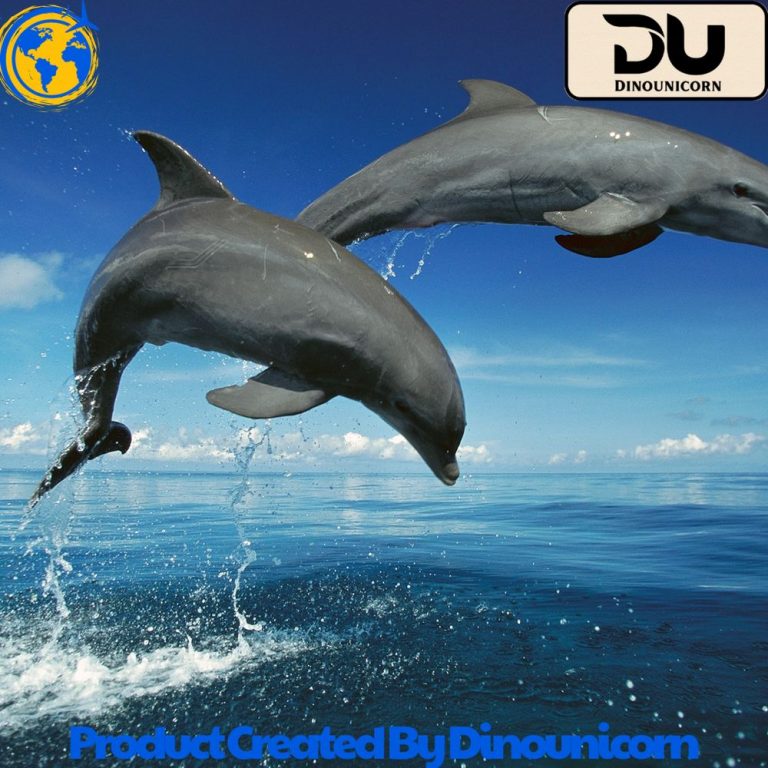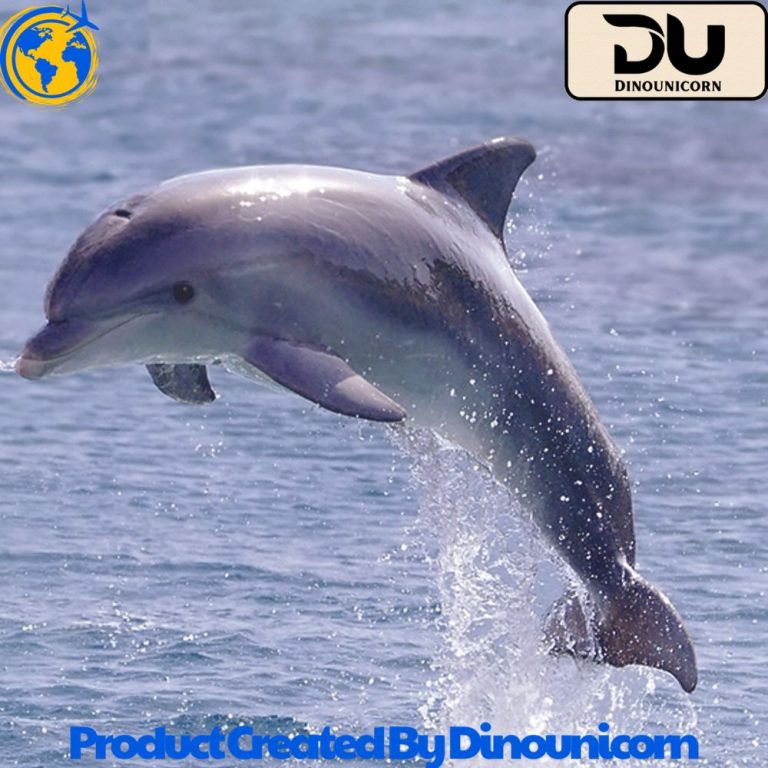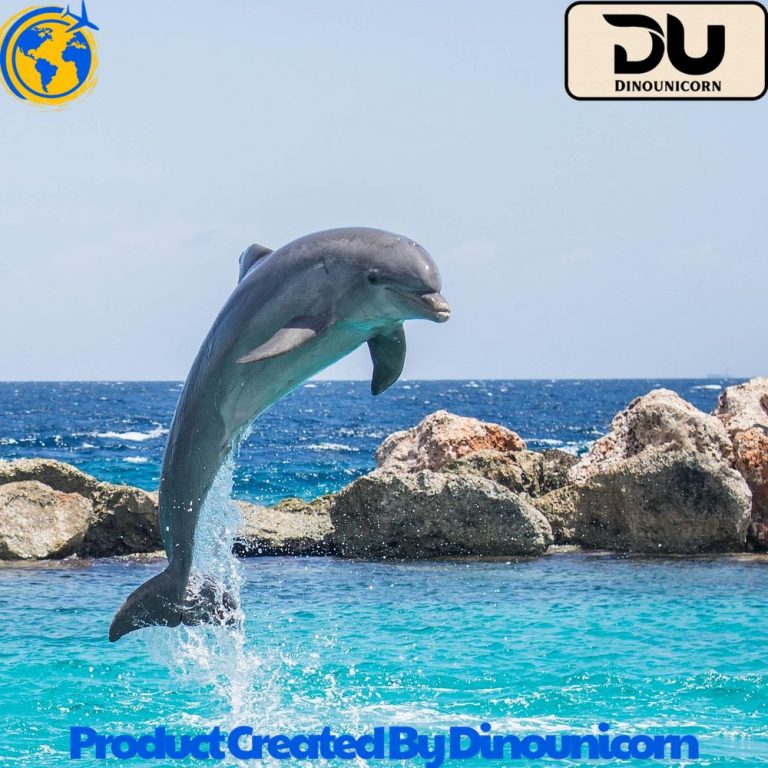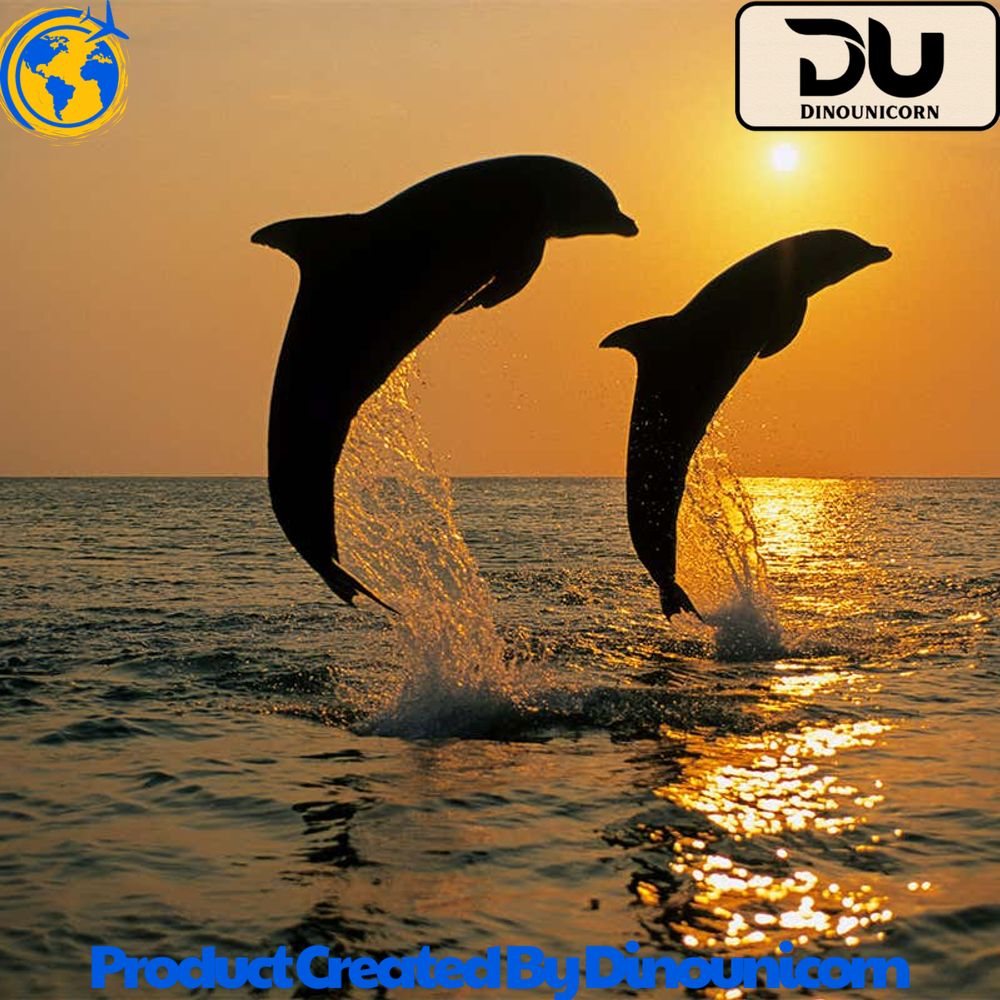Blog
What Do Dolphins Eat?
What Do Dolphins Eat?
Introduction to Dolphin Diet and Feeding Habits
Dolphins are fascinating marine mammals that are often admired for their intelligence, playfulness, and social behavior. But one of the most common questions people ask about dolphins is: what do dolphins eat? This question is not just about understanding what they consume, but also about how dolphins fit into the broader marine ecosystem. Dolphins, being apex predators, play a critical role in maintaining the balance of marine life. Their diets consist of various prey that can vary depending on the species, geographical location, and environmental factors.
In this article, we will explore the different types of food that dolphins eat, their hunting behaviors, and the importance of their diet to their health and the marine ecosystem.
What Dolphins Eat in the Wild
Fish as a Primary Food Source for Dolphins
When it comes to dolphin diets, fish are one of the most common and important food sources. Dolphins primarily feed on small to medium-sized fish such as mackerel, herring, and mullet. Fish are abundant in many of the environments that dolphins inhabit, making them an ideal source of nutrition. Dolphins have evolved to catch and consume a variety of fish species, depending on what is available in their specific environment.
Bottlenose dolphins, one of the most well-known species, typically feed on fish found in shallow coastal waters. Long-beaked common dolphins, on the other hand, are often seen in deeper waters and have access to a different set of fish species. These species highlight the diversity of a dolphin’s diet and the various feeding patterns that exist within the species.
Dolphins and Squid Consumption
Squid is another essential part of a dolphin’s diet, especially in deeper oceanic environments. Dolphins, particularly those in deeper waters or colder climates, often target squid as a primary food source. Squid provides high levels of protein and fat, which are crucial for dolphins’ energy needs.
Dolphins are skilled hunters and use specialized techniques to catch squid, such as herding schools of squid and using their echolocation to locate prey. Squid consumption is also essential for dolphins as it supplements their fish-based diet, ensuring they receive the nutrients necessary for their survival.
Other Prey in the Dolphin Diet
While fish and squid are the primary foods, dolphins are opportunistic feeders and will eat a wide range of prey. This includes crustaceans, such as crabs and shrimp, and even octopus. These animals are generally consumed when other food sources are scarce or when dolphins are hunting in specific environments that provide access to these prey.
The diversity of a dolphin’s prey is a testament to their ability to adapt to different habitats and prey species. For example, in warmer waters, dolphins may encounter more crustaceans, while in cooler waters, their diet may consist more of fish and squid.

Dolphin Hunting and Feeding Behavior
How Dolphins Hunt for Their Prey
Dolphins have remarkable hunting abilities that help them efficiently catch their food. One of their key tools for hunting is echolocation. Echolocation allows dolphins to navigate murky waters and locate prey, such as fish and squid, even when it is not visible. This sophisticated method of sound-based navigation is essential for their survival, particularly in environments with low visibility.
Additionally, dolphins are known for their cooperative hunting behavior. Dolphins often work together in pods to herd schools of fish or trap prey in a specific area, making it easier for them to catch multiple prey at once. This highly social behavior benefits the entire pod, as it ensures that the dolphins are well-fed and can share the food they catch.
Social Feeding Patterns in Dolphins
Dolphins are social creatures that rely heavily on teamwork when hunting. They are often found in groups, known as pods, and these groups work together to hunt and capture food. Social feeding behavior can be seen in how dolphins communicate and coordinate their movements to catch fish, squid, and other prey. In some species, dolphins use unique hunting methods such as strand feeding, where they chase fish onto beaches, or bubble netting, where they use bubbles to herd fish together.
Cooperative hunting allows dolphins to catch more food and provides them with the nutrients they need to survive. This behavior is not only a testament to their intelligence but also reflects their social structure and reliance on group cooperation.
Dolphin Diet and Species Differences
Bottlenose Dolphin Diet
Bottlenose dolphins, one of the most studied dolphin species, have a diet that primarily consists of fish. They are known to hunt in shallow coastal waters and eat a wide variety of fish, including mullet and mackerel. These dolphins have also been observed consuming squid and crustaceans, depending on the availability of prey.
Their ability to adapt to different food sources makes the bottlenose dolphin an incredibly successful species in various marine environments. While fish make up the majority of their diet, the inclusion of other prey types shows the diversity of a dolphin’s eating habits and their ability to survive in various conditions.
Long-Beaked Common Dolphin Diet
Long-beaked common dolphins, typically found in deeper ocean waters, have a diet that includes a wide variety of fish and squid. These dolphins are particularly adept at hunting in deeper waters, where they rely on their echolocation to find prey in the dark depths.
The diet of the long-beaked common dolphin also varies depending on the region in which they live. In some areas, they may primarily consume fish, while in others, squid might make up a larger portion of their diet. These dietary differences illustrate how dolphins adapt to different environments and food sources.

How Dolphins’ Diet Affects Their Health and Behavior
Nutritional Requirements of Dolphins
Dolphins, like all animals, require specific nutrients to maintain their health and energy levels. Their diets are rich in protein, fats, and carbohydrates, which support their physical activity levels and growth. Fish and squid are excellent sources of these nutrients, providing dolphins with the calories they need to swim, hunt, and socialize.
Dolphins also require high-fat diets for insulation in cold water and to maintain their energy levels for long hours of hunting and swimming. The high-protein content of fish is vital for muscle growth, which is essential for their agility and strength.
Impact of Environment on Dolphin Diet
The environment plays a significant role in the diet of dolphins. Factors such as water temperature, prey availability, and pollution can all influence what dolphins eat. For example, if a region experiences a decline in fish populations due to overfishing or environmental changes, dolphins may struggle to find enough food.
Similarly, pollution can affect dolphin health by contaminating their prey, which can lead to illness. As apex predators, dolphins are affected by changes in the food web, and disruptions to their diet can have severe consequences for their overall well-being.
Frequently Asked Questions About Dolphin Diets
Do Dolphins Eat Crustaceans?
Yes, dolphins do eat crustaceans, although they primarily feed on fish and squid. Crustaceans like crabs and shrimp are typically consumed when fish are less abundant. Dolphins are opportunistic feeders and will eat whatever is available in their environment.
How Much Do Dolphins Eat in a Day?
The amount of food a dolphin consumes daily varies depending on the species, size, and environmental conditions. On average, dolphins may eat up to 8% of their body weight in food each day, which can amount to anywhere from 15 to 30 kilograms of fish daily.
Can Dolphins Eat Octopus?
Yes, dolphins can eat octopus. They are known to hunt and consume octopus, especially when other food sources are scarce. Octopus provides a high level of protein, which is essential for a dolphin’s diet.

Conclusion: Understanding the Importance of Dolphin Diets
The Role of Dolphins in the Marine Food Chain
Dolphins are integral to the marine food chain, and their diet reflects their role as apex predators. By consuming fish, squid, and other marine animals, dolphins help regulate the populations of these species, ensuring a healthy ecosystem.
Protecting Dolphins and Their Food Sources
It is essential to protect dolphins and their natural food sources to maintain the balance of marine life. Conservation efforts aimed at preserving healthy ocean ecosystems, reducing pollution, and ensuring sustainable fishing practices can help protect dolphins and the animals they depend on for food.
For more information on dolphin diets and conservation efforts, check out these resources:
 Skip to content
Skip to content

